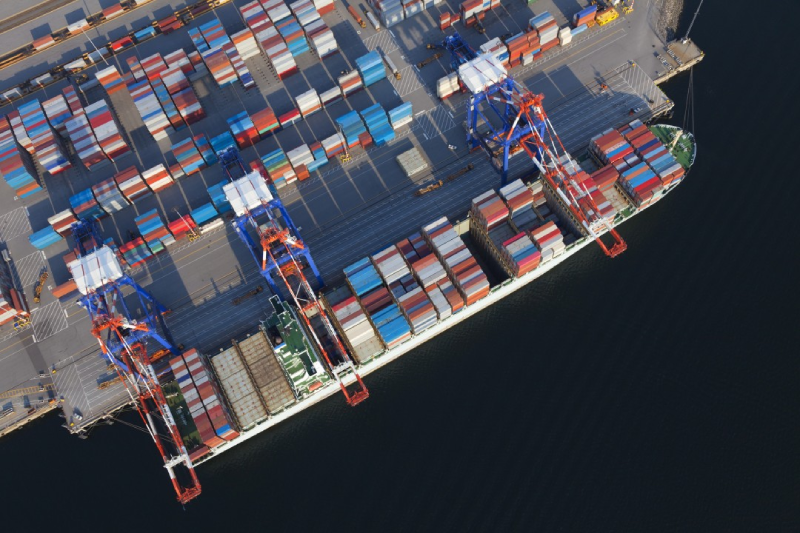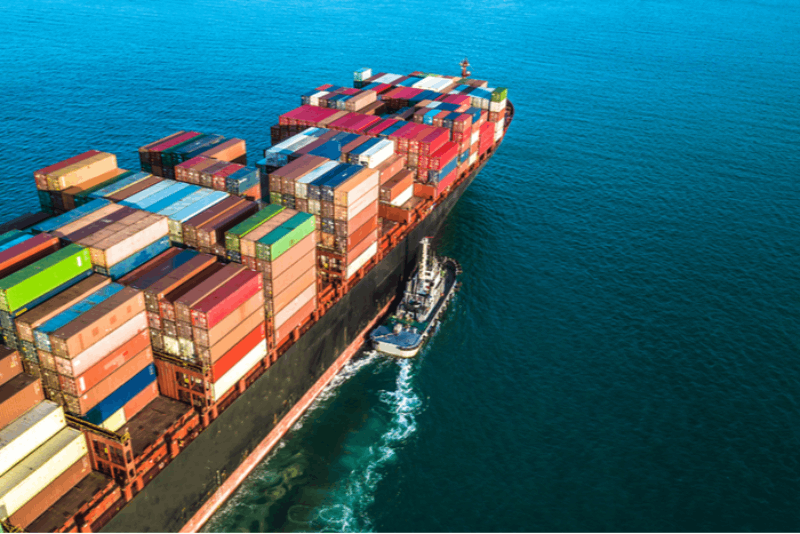Time:2021-12-07 Publisher:Kevin Num:6546

We all know that the current pandemic is the main reason for the confusion of the maritime supply chain. Since the outbreak of the pandemic, problems such as port congestion and container shortage have often appeared in the shipping market.
However, the recent outbreak of South African mutant virus "Omicron" has made the world nervous again. So far, 20 governments have announced measures to prohibit entry from Africa. Japan and Israel are directly locked up.
Previously, delta virus has brought a great blow to the global supply chain. The emergence of "Omicron" virus makes the situation worse.
In this context, the congestion of the port will intensify, leading to the interruption of the supply chain. Therefore, the freight will continue to rise, and the goods will also rise.
According to the Shanghai export container comprehensive freight index released by Shanghai Shipping Exchange, the container comprehensive freight index has reached 4601.97 points.
Some shipping experts pointed out that the freight rate will continue to rise in the short term, and it is likely to continue until the beginning of 2022.

Omicron affects the shipping market
It is understood that under the influence of the mutated virus, the stocks related to the shipping concept continued to rise. As of November 29, the market value of COSCO shipping, a shipping giant, soared by 23.95 billion yuan; Its companies also rose by more than 4%.
Recently, many shipping companies in Southeast Asia have raised freight rates, and ports have begun to levy various surcharges to make up for losses. Moreover, American airlines have also been suspended due to the shortage of shipping space.
Summary
From the situation of previous years, the period from the fourth quarter of each year to the Spring Festival belongs to the traditional peak season of ocean routes.
In the fourth week of November, the freight rate per TEU of the near ocean line from the Far East to Southeast Asia increased by 114 US dollars, or 11.28%; The freight of the Far East South Korea line also rose.
At present, there has been a correction in sea freight, and the increased demand for containers and the shortage of ship capacity will exacerbate port congestion.
Therefore, the freight rate will remain at a high level in the short term. According to the data, if the current container freight rate is adopted, the global imported goods will increase by at least 11% by 2023.



